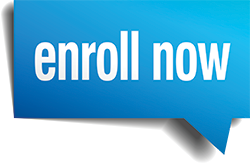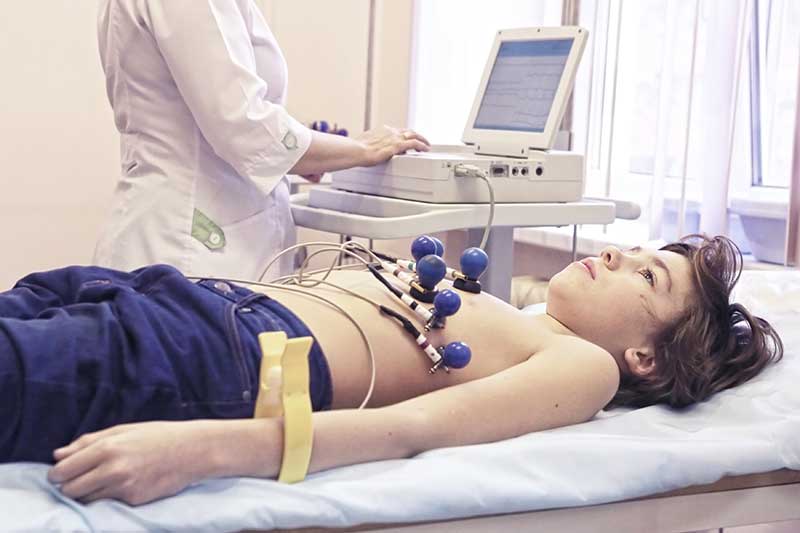Explore the factors driving the rising demand for medical billing and coding expertise. Learn about career opportunities in this essential healthcare field and stay ahead with the latest industry insights.
The healthcare industry is an ever-evolving field that requires the support of numerous skilled professionals to keep it running smoothly. At the intersection of healthcare services and financial management lies the critical function of medical billing and coding—a sector experiencing a substantial surge in demand. This surge is attributed to various factors, including advancements in healthcare technology, regulatory changes, and an aging population.
Discover the Rising Demand for Medical Billing and Coding
Explore the surge and rising demand for medical billing and coding careers. Learn why this field is growing and how it impacts healthcare efficiency and revenue. Discover your path in this high-demand sector.
The Role of Medical Billers and Coders
Medical billing and coding are closely related aspects of the modern healthcare industry. Both practices are essential for ensuring that healthcare providers are reimbursed for their services. However, they play very different roles within the billing process.
Medical Coders are responsible for reading a patient’s medical chart and analyzing the data to assign standard codes using the International Classification of Diseases (ICD) and the Current Procedural Terminology (CPT). These codes are critical as they contribute to creating an accurate record of patient diagnosis, treatment procedures, and medical services rendered.
Conversely, Medical Billers take these codes and submit claims directly to insurance companies, government programs such as Medicare and Medicaid, and patients. They ensure that healthcare providers are compensated for their services by following up on claims and addressing any denials or disputes with insurance carriers.
Factors Driving the Demand
In today’s healthcare industry, the demand for medical billing and coding specialists is rising. With advancements in medical technologies and treatments, it’s no wonder why this occupation is becoming increasingly important.
Additionally, the job can be financially rewarding, with competitive salaries and potential for growth within the field. If you have a passion for healthcare and an eye for detail, becoming a medical billing and coding specialist could be the fulfilling career you’ve been searching for.
1. Advancements in Healthcare Technology
The digitization of healthcare records and the implementation of electronic health records (EHR) systems have streamlined many processes but have also made the job of medical billers and coders more complex. This technological shift requires billers and coders to be more proficient with specialized software and has increased the need for skilled professionals in this arena.
2. Regulatory Changes
Healthcare legislation, like the Affordable Care Act (ACA), has introduced numerous changes in how care is delivered and billed. The switch from ICD-9 to ICD-10 alone significantly increased the number of coding options, making the medical coder’s role more important and specialized. With each regulatory update comes a need for ongoing education and adaptability, further emphasizing the demand for knowledgeable billers and coders.
3. The Aging Population
An aging population means a larger demand for medical services. The Baby Boomer generation is reaching retirement age, increasing the number of individuals who will need frequent medical attention and, thus, more claims to process. This demographic trend ensures a steady demand for medical billing and coding services.
4. Focus on Revenue Cycle Management
Healthcare providers are becoming increasingly focused on the efficiency of their revenue cycle—which means they rely more on skilled medical billers and coders to improve their cash flow and minimize billing errors that can lead to lost revenue.
5. The Rise of Telemedicine
The COVID-19 pandemic has accelerated the use of telemedicine services, which, while beneficial for public health, has presented new challenges for billing and coding. The nuanced nature of virtual service billing underscores the need for adept billers and coders.
Job Outlook and Opportunities
With increased demand, the job outlook for medical billing and coding specialists remains robust. The Bureau of Labor Statistics (BLS) projects that employment in health information and records, including medical billing and coding, will grow by 8% from 2022 to 2032—much faster than the average for all occupations.
This demand creates numerous opportunities for people interested in joining the field. Educational programs, certifications, and even online courses are designed to train aspiring medical billers and coders. Certified professionals often have better job prospects and command higher salaries.
The Impact of Coding on Patient Care
While billing and coding may seem purely administrative, they significantly impact patient care and satisfaction. Accurate coding leads to accurate billing, which can affect patient trust and financial well-being. Furthermore, the data generated from medical coding is used in health analytics to inform public health decisions and to advance medical research.
The Role of Certification
Certification from organizations such as the American Academy of Professional Coders (AAPC) or the American Health Information Management Association (AHIMA) is optional. Still, it can enhance a biller’s or coder’s credibility. Certification demonstrates a certain level of expertise and commitment to the profession, giving employers confidence in hiring certified individuals.
The Challenge of Keeping Up-to-date
The Challenge of Keeping Up-to-date
Medical billing and coding are fields that are subject to constant changes. New treatment methods, evolving healthcare laws, and updates to coding systems all require medical billing and coding professionals to engage in lifelong learning. This is where certification programs provide an additional benefit, as they usually require continuing education credits to maintain certification.
Remote Work in Medical Billing and Coding
One trend contributing to the appeal of this field is the potential for remote work. With the requisite training and experience, medical billing and coding work can often be done from home. This flexibility is attractive to many and is a factor in the rising interest in these professions.
Conclusion
The demand for skilled medical billing and coding professionals is experiencing a noticeable upsurge, driven by healthcare advancements, regulatory changes, an aging population, and increased focus on revenue cycle efficiency. This trend presents both challenges and opportunities. At its core, medical billing and coding ensures that healthcare providers are fairly and promptly reimbursed for their services. Still, it is also a discipline that positively impacts patient care and the broader healthcare economy.
To meet the rising demand, professionals in this field must possess a keen eye for detail, a commitment to accuracy, and a willingness to evolve with the industry for those looking to make a mark in the healthcare sector without direct patient interaction, medical billing, and coding present a promising career path filled with potential and growth.









